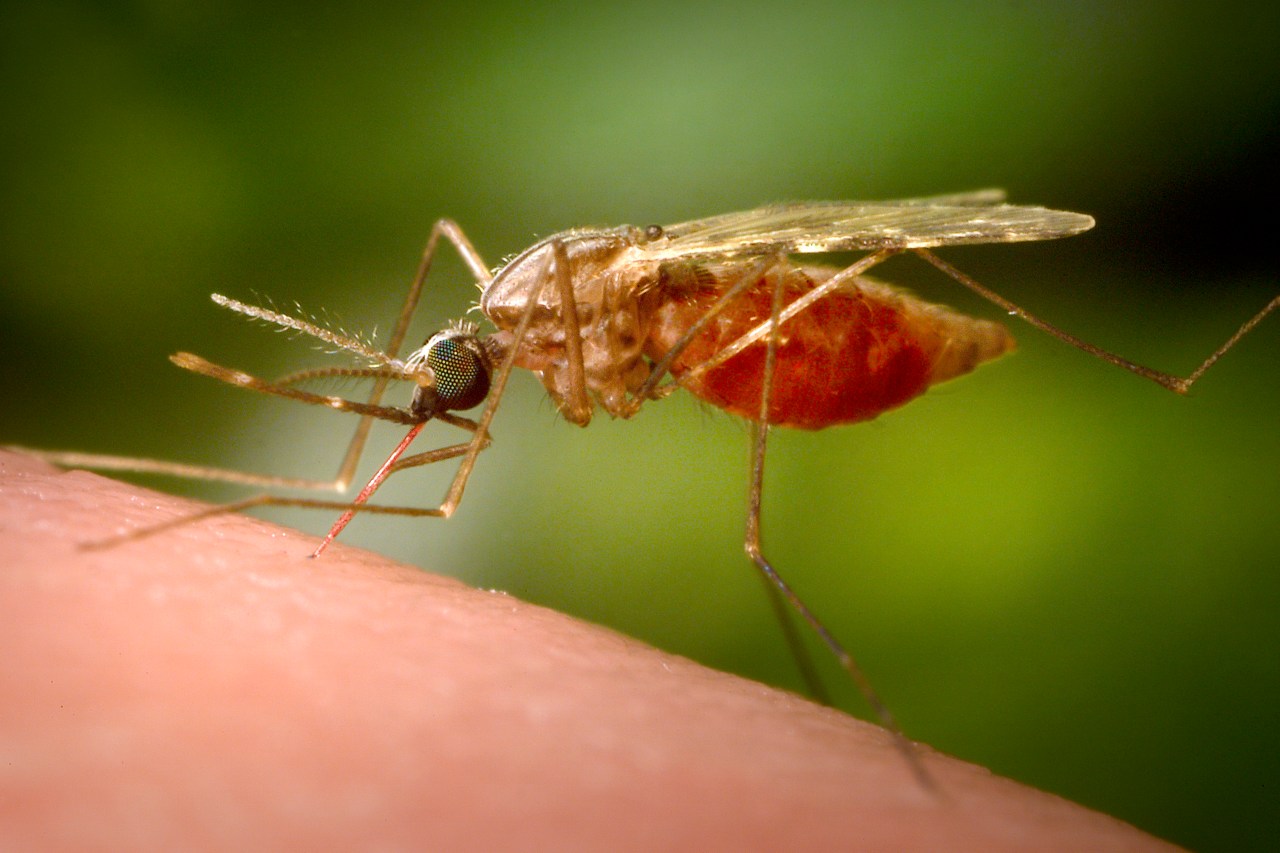Infection
First West Nile death of the year reported in L.A. County
The first death from West Nile Virus in Los Angeles County this year was reported on Thursday.
The patient who died was a resident of the San Fernando Valley area, according to the L.A. County Department of Public Health.
West Nile virus is transmitted to humans through the bite of an infected mosquito. In 2023, a total of 19 cases of West Nile virus have been documented in L.A. County.
“Human infections will likely continue to occur through the rest of summer and fall, with the highest number of cases typically arising in September,” officials said. “West Nile virus-infected mosquitoes and dead birds have been identified across Los Angeles County.”
Some symptoms those infected may experience include fever, body aches, rash, nausea, vomiting, and headaches. Older individuals and those with existing health issues are most likely to develop severe symptoms.
Those most susceptible to complications from infection include anyone over 50 years old, people with diabetes, cancer, hypertension, kidney disease, those who are immunocompromised, organ transplant recipients, or anyone with a recent history of chemotherapy.
In some cases, those with chronic medical conditions could experience severe infections that may affect the brain and spinal cord, causing meningitis, encephalitis, and paralysis.
So far, there is no specific treatment for West Nile virus disease and no vaccine to prevent infection.
Residents are encouraged to take these precautions to reduce infection risk:
-Protect yourself: Mosquito repellents can keep mosquitoes from biting you. EPA-registered repellents containing DEET, picaridin, IR3535, 2-undecanone, and oil of lemon eucalyptus are the longest-lasting and most effective. They are available as sprays, wipes, and lotions.
-Wear long-sleeved clothes and pants when outside.
-Mosquito-proof your home: Make sure doors and windows have tight-fitting screens to keep out mosquitoes. Repair or replace screens with tears or holes.
-Reduce mosquitoes: Mosquitoes lay their eggs on standing water. Empty items that hold water inside and outside your home once a week.
-Cover water storage containers such as buckets and rain barrels. If no lid, use wire mesh with holes smaller than an adult mosquito
-Clear standing water in flower pots, saucers, birdbaths and other outdoor containers
-Clean and maintain swimming pools, spas and drain water from pool covers
-Throw away old items in your patio or yard that can hold water such as old car tires and children’s toys
“I send my deepest condolences to the family and friends of this resident who sadly passed away from West Nile virus,” said Muntu Davis, MD, MPH, L.A. County Health Officer. “Their death reminds us how important it is to protect ourselves from mosquitoes and prevent them from breeding near our homes.”
For more information on West Nile virus, call 2-1-1 or visit L.A. County Public Health’s website. To report problems or find a local vector control district, visit socalmosquito.org.
Suggest a Correction

